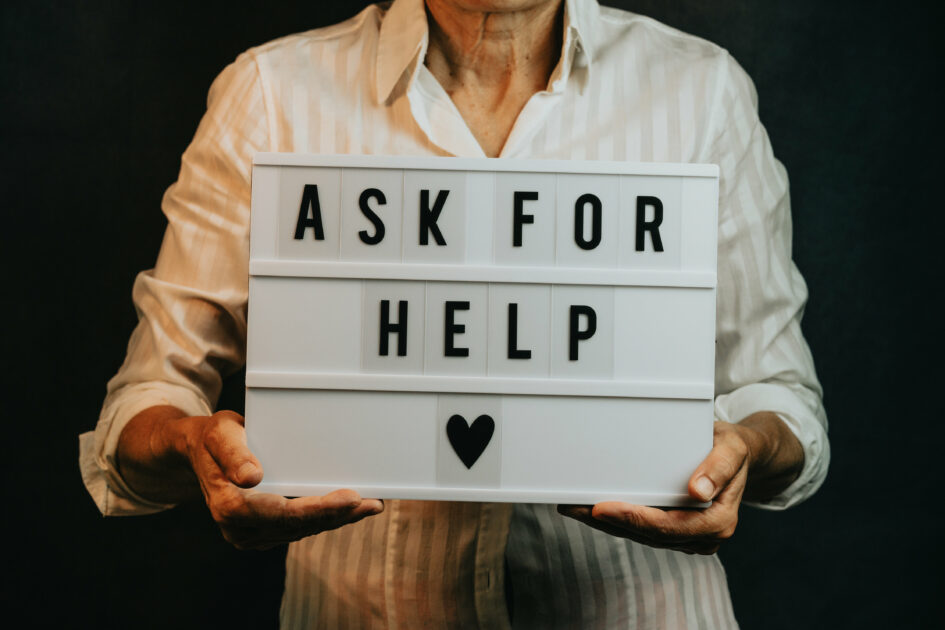Resources
Family Violence and the Types of Abuse- The Today Centre
- Coercive control is a pattern of deliberate abuse that leaves the victim feeling intimidated, dependent and isolated over time. Coercive control is illegal, it makes the victims feel lost and very alone from everyone including themselves. Coercive abuse is not visible and it’s unpredictable and manipulative, the abusers in this scenario blame their anger on their partner and make them feel as though it’s their fault. Coercive abusers often will need control over their partner and can show up at their place of work, frequent/constant calls and check ups, has access to personal emails and messages, controls what they eat and wear etc. Coercive control is silent yet so impactful and causes so much harm to the victims.
- This short story of a girl that grew up around violence in an abusive household where herself, her brother and mother were all abused and threatened by their father. In this short story you get the perspective of a child that grew up with the trauma of abuse and how it affected her and her brothers life moving forward.
TEDtalk- Why Domestic Violence Victims don’t Leave
- Overall this video showed from the perspective of a woman (Leslie Morgan Steiner) that had been in an abusive relationship herself, a very real and relatable pattern of thinking for a victim in a situation like that and why they ‘don’t leave’. Leslie talks about the different stages of abuse and some warning signs or patters you can keep and eye out for. She also talks about why domestic abuse is so confusing, and how violence in an intimate and personal relationship-like a family, is hard for some people to fully grasp and understand.
Domestic Violence from a Son’s Perspective | Adam Herbst | TEDxYouth@ParkCity
- Adam Herbst was a senior high school student attending Park City High School in Utah at the time of his TedTalk. Adam begins his talk by diving into what Domestic Violence is, according to the ‘National Coalition Against Domestic Violence’, it is defined as “the willful intimidation, physical & sexual abuse as a pattern of power & control”. Adam does not deny the truth of this definition; instead, he elaborates on it. He talks about how yes, those are characteristics of Domestic Violence, but that definition is missing much more. One major element of someone experiencing Domestic Violence is the effect on their mental health, Adam announces. He dives into this from the perspective of someone with lived experiences, he speaks to how maybe the child sitting alone at the back of the classroom isn’t just the ‘weird kid’, or maybe the student refusing to bring their parents to ‘parent-teacher night’ at school, is not because they fear discipline based on their academic performance, but because they fear the behaviour of their parents. But what is being done about this? “We’ve thrown money at the problem, we haven’t seen much difference, we have coalitions and government actions so something should be happening right? not exactly. We’ve moved this into the realm of a social issue, we have stopped working in tandem with the government to try to minimize Domestic Violence, we have created a society where this is allowed” (Herbst, 2018), Adam goes on to say. He brings up a great point about how Domestic Violence has become in a sense, ‘normalized’ in today’s society. You can see aspects of Domestic Violence in television shows that run back as far as 20 years ago, Adam brings shows like the Simpsons & Family Guy, both shows running themes include family drama & include violence in the home. Adam goes on to say how society can not just claim this issue to be a problem for the generations to come, & discusses how the time is now to work together to end Domestic Violence.
Domestic violence: a child’s perspective | Abi Cole | TEDxDurhamUniversity
- In this TedTalk, Abi Cole shares a powerful story about her lived experiences growing up with Domestic Violence in her childhood home, hoping to bring a new perspective of awareness to Domestic Violence & its effects. She begins her talk by sharing important statistics on Domestic Violence, shedding light on the fact that “every week two women are killed by their current or former partners in the UK. Thirty percent of the women & 16 percent of the men in the UK will experience Domestic Violence within their lifetimes” (Cole, 2015). Adding to this shocking percentage of people, she expresses how men are twice as likely to keep their experiences with Domestic Violence hidden from the rest of the world. The new perspective Abi brings to the audience is that there are not always only two people involved in Domestic Disputes or in Violent relationships. The fact Abi brings to the table is that “disturbingly, ninety percent of the Domestic Violence incidents reported in the UK involve a family setting where children are present or nearby, & over half of these cases children are also directly abused” (Cole, 2015). Abi points to the fact that society pays greater attention to physical injuries, rather than mental traumas, which in fact take longer to recover from than physical injuries. She explains how the most important thing to do is recognize the long-term effects of the mental illness that arise from Domestic Abuse, & base sentencing on the weight of that as opposed to overlooking it completely & focusing solely on the physical abuse aspects.
